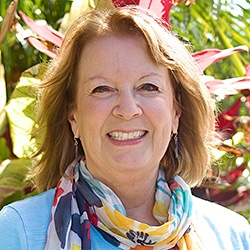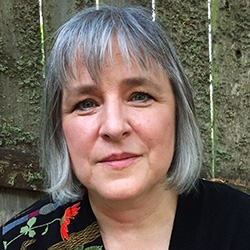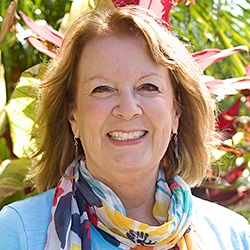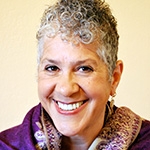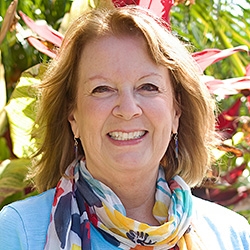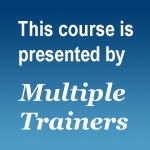

Search Results: acceptance
-
Trainer tip: Various life circumstances that can seem to be something that we don't want, and we may think of them as bad. And then later the situation may reveal that it's a circumstance that we do want, and we may think of it as good. Instead, of evaluating our day as good or bad we can acknowledge the feelings and needs that are present. Read on for a few anecdotes that illustrate this.
-
I’m Jeff Brown, Executive Director of the Center for Nonviolent Communication. Mary asked me to be a guest writer for this newsletter, and it’s allowed me to look deeply at the role NVC plays in my life, personally and professionally— especially in running a successful NVC organization.
As the director of an NGO, I am grateful to have learned Nonviolent Communication. I utilize the principles constantly, and I’m not sure how I would survive without them.
-
We can use anger as an important signal to let us know that we perceive a threat to a universal need or value, directing our attention to something so that we can take effective action, and avoid harmful thought patterns. For example, instead of dwelling on a "should," focus on addressing unmet needs through boundaries and effective communication.
-
Kelly shares how freedom and autonomy create strong, healthy, and loving relationships.
-
Kelly Bryson explores courageous honesty and how truth shared openly deepens connection.
-
Do you want to befriend your needs and live without shame about them? Would you like to increase your inner freedom by letting go of attachment to outcome? Join Miki Kashtan to learn skills and practices that will enable you to want fully without attachment.
-
Are you a spiritual seeker who longs for an approach that supports compassion for self as well as profound spiritual transformation? If so, you’ll enjoy this telecourse recording with Robert Gonzales and Leo Sofer as they engage in dynamic discussions about NVC as a spiritual practice.
-
From the depths of internal winter to the melting open in the warm sunshine of spring to rest in the ocean of Spirit, this poetry is a journey of discovering deep Presence through the human experiences so many of us share.
-
- Look at your old patterns with warmth – while also opening yourself up to change.
- Increase your self-compassion – and gain a solid ground to stand on.
- Become intimate with your own survival strategies – and those of the people you love.
- Support healing and connecting in your long-term relationships – even when it seems there is no resolution in sight!
-
-
Building your body and mind awareness can help you better regulate/calm your emotions. Regular self-empathy will help you better regulate your emotions as well as increase your body and mind awareness. If you are not aware of amygdala activation (fight/flight/freeze response), you will react instead of responding with choice. Use this eight-step process to develop your self-empathy/regulation skills.
-
-
Trainer Tip: Acknowledge that the person’s life has been affected by your actions and enjoy the feeling of warmth you have when you contribute to a life. Try verbally acknowledging how you feel when you hear that you have enhanced her life.
-
Working on social justice and racial equity? If you include attending to white culture and privilege as part of that work, you'll reap important benefits. Understanding white culture — along with its embedded historical privileges — provides valuable insight into a larger system of inequity.
-
Ask the Trainer: Share a list of request types, examples, and a strategy for formulating them.
-
Using his own life experience, Eric explores why we need support from others, what support might look like, and what blocks us from asking for support for our relationships.
-
Trainer Tip: The question is not what other people think of you, but what you think of yourself. Who are you, really? Take a moment to consider what you value.
-
Join LoraKim Joyner to investigate how merging science, the social and emotional intelligence of humans, animals and other species and Nonviolent Communication can bring a greater sense of belonging and wholeness to your life, and care and justice to the lives of others.
-
If you're interested in learning specifically how and what you can do to live compassionately – with plenty of hands-on practice time – this course is for you. Observe actual demonstrations of Robert guiding participants through the transformational territory of healing and integration.
-
Join Sylvia and Jean in this fascinating exploration of NVC and the Enneagram, a system of nine basic personality types.

Quick Links
Subscription Preferences
Stay In Touch!
Looking for ways to keep up with NVC Academy news, get special offers, free resources, or words of inspiration? Here are five ways to stay engaged:

